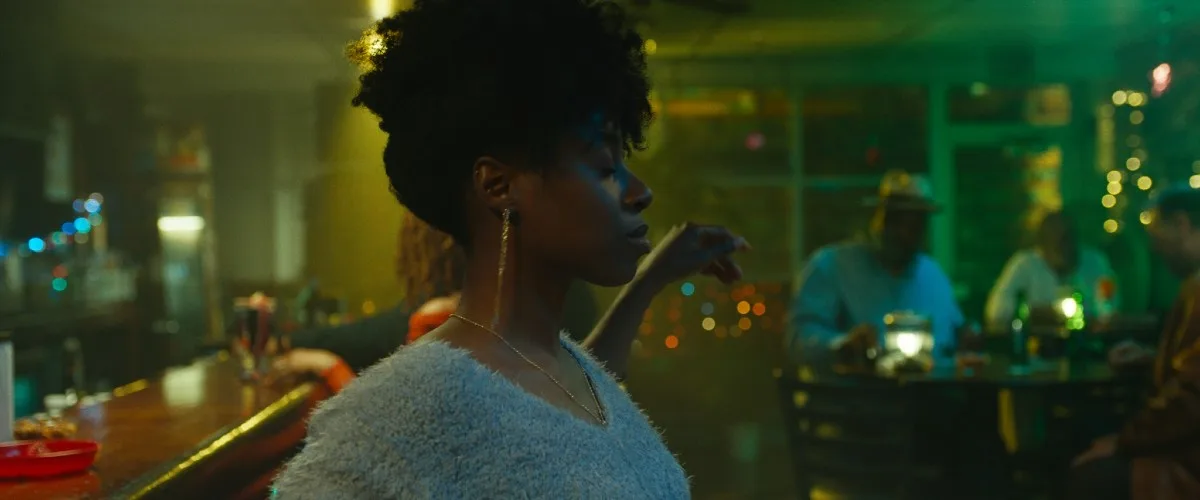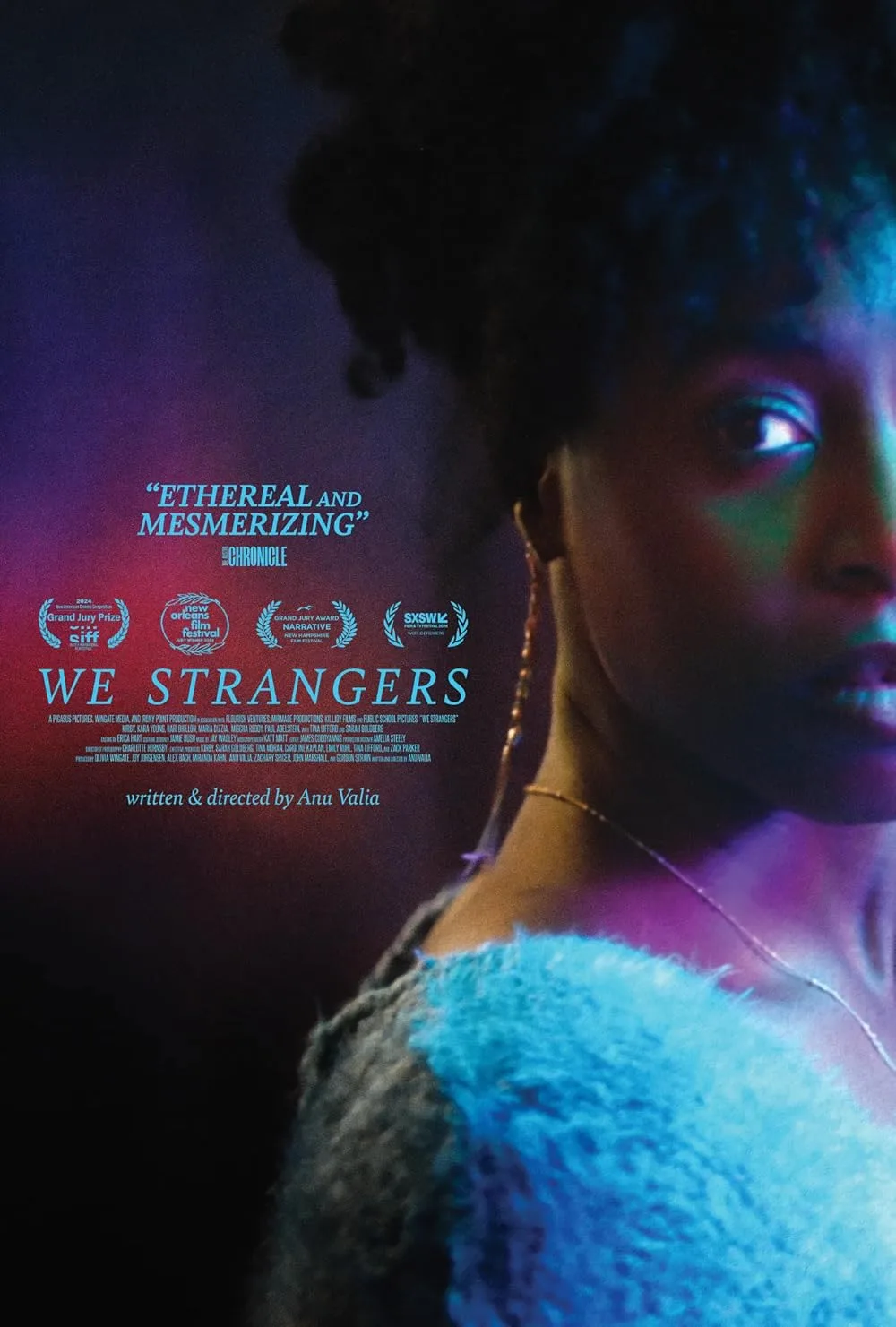Stories centered around the lives and labor of domestic workers have steadily grown into a staple of our current moment. It’s no wonder, in an era of rampant wealth disparity and mercurial employment, that films like Bong Joon Ho’s Oscar-winning breakout “Parasite” and Nikyatu Jusu’s 2022 horror debut “Nanny” have struck a chord among audiences and critics as of late. “We Strangers,” the feature debut from Anu Valia (“She-Hulk: Attorney at Law”), is a satirical drama that attempts to expand on this trend, exploring the emotional and physical labor of a domestic cleaner’s work and the resulting toll it takes on her mental health and personal life.
Kirby Howell-Baptiste (“The Sandman”) stars as Rayelle “Ray” Martin, a commercial cleaner who is hired by Neeraj Patel (Hari Dhillon), one of her office clients, to clean his home. Soon after, Ray meets Jean (Maria Dizzia), one of Neeraj’s neighbors, whom she is subsequently hired to clean for. Sensing a fleeting opportunity to earn some extra cash, Ray tells her new client a little white lie, which inadvertently transforms her into a spiritual confidant for the family’s unspoken desires, doubts, and resentments between one another. It’s not long after that the burden of her role as both a cleaner and “medium” for her clients begins to strain her outstanding commitments to her mother (Tina Lifford), her friend Mari (Kara Young), and herself.
Inspired by Valia’s own experiences growing up in and around Gary, Indiana, the film chronicles Ray’s struggle to live and work among the city’s posh, upper-class residents. Ray’s diligence isn’t a mark of professional pride, but rather her relentless ambition to get ahead by any means necessary— even at the cost of her own time and energy. “I’m into all that voodoo stuff,” Jean tells Ray while the latter cleans her house. “I’ve always been interested in getting someone to do whatever I want,” a role which Ray is more than happy to fulfill, lying to Jean that she is susceptible to clairvoyant premonitions and visions. From there on, Ray conducts “readings” for Jean and Tracy (Sarah Goldberg), Neeraj’s taciturn wife, drawing on her chance observations of their respective households to implicitly advise her clients on what they should do, without them knowingly forfeiting their own autonomy and power.
It’s a plum side-gig, or at least, so it seems at first until her spurious “predictions” prompt her clients to act in increasingly more irrational and self-destructive ways, and her personal life begins to suffer from the added social and emotional burden of shouldering her clients’. “I’m a therapist,” Ray tells a partygoer towards the latter half of the film’s second act. “I listen to people and tell them what they need to hear.” It’s a conflict that ultimately reaches its breaking point, forcing Ray to confront what exactly it is that she wants for herself and the people she loves versus what’s most financially advantageous at the moment.
It’s a fascinating premise, but one whose parts don’t culminate into an altogether coherent whole. Ray’s short-sighted obsequiousness in the service of financial gain, while brilliantly brought to life via Howell-Baptiste’s understated performance, is frustrating to parse in the moment and comes across as an unexplored and subsequently underdeveloped aspect of the film’s writing and direction. The cinematography, courtesy of Charlotte Hornsby (“Master”), is frequently dream-like and evocative in its lighting and composition, such as in a scene where Ray cathartically dances in a nightclub or peers through a sheet of rainbow plexiglass while babysitting Mari’s children. These visual dalliances of experimentation, while dazzling in the moment, at times obfuscate narrative elements that could’ve benefited from further explication.
Throughout “We Strangers,” the audience sees recurring shots of a mountain range dotted with forests and craggy cliffsides. It’s only later that it’s apparent that this visual is intended to symbolize the story of Ludger Sylbaris, a prisoner who inadvertently became the lone survivor of the Mount Pelée eruption of 1902. While Ludger’s experience is framed in such a way as to be analogous to Ray’s own predicament, the intended parallels between the two feels belabored and obtuse in the moment. Is the mountain meant to represent Ray’s ever-diminishing resolve being chipped away by the excessive demands of her clients, or does it symbolize her so-called “imprisonment” under the weight and demands of capital? Apparently, it’s both.
There are some great ideas in “We Strangers,” particularly in how it explores the emotional labor inherent in domestic work, as well as some thoroughly committed performances by Howell-Baptiste, Dizzia, and Goldberg. However, those promising elements nevertheless settle into a sporadic, muted climax that ends up feeling more perfunctory than satisfying.




















